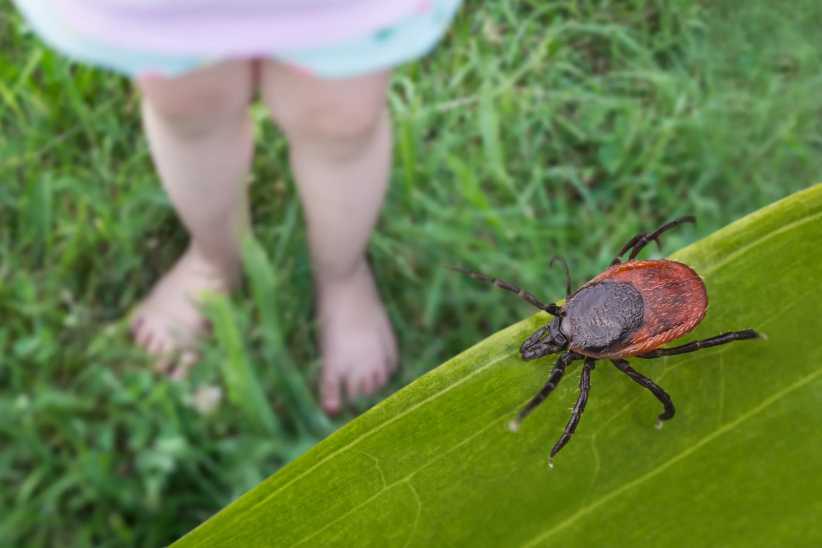Every so often, you read about a mother (and it’s usually a mother) who is making her kid sick, a form of child abuse called ‘Munchausen Syndrome By Proxy’. Seems the moms enjoy the attention, and often the help, and money, they get when they have a sick child.

But having just endured a night with my youngest, Nora, holding her head as she retched up her innards, I have a bit of understanding. I feel horrible when my kids are sick, and I would gladly take a stomach bug, or bad cold, so they could be spared. But there is also something so sweet when your child is ailing and utterly dependent on you. As they grow up, they rely less and less on you, and when mine are sick, it reminds me of their babyhood. I don’t get the warm fuzzies cleaning up someone’s vomit, but I do feel much needed as a caretaker.
While we treasure Nora’s exuberance and energy, when she was in bed, we relished our quiet dinner; when the five of us have dinner, she finds ways to needle her older sisters and many of our dinners include the three girls shouting at one another (and me yelling at them to stop).
My oldest, Hallie, is 15; last summer, she was a camp counselor, and she babysits, and manages her school and social life with very little input from her parents. Sometimes she seems so mature, we feel almost superfluous. So when she was sick recently, we remarked how it felt like years ago, when we would spend the night pacing with her infant version.
Of course, when we were new parents, we often felt helpless — particularly with the colic that plagued all three of our kids. But when we were able to help them, we felt so powerful and competent; yes, our daughter may have a fever, but we are able to take care of her. So often when you are a new parent, you question your abilities — can you really raise this helpless, mewling infant? You look around, and everyone else seems so competent; why can’t you handle a baby with a sniffle? Then the fever breaks and she gives you a big toothless grin, and all is right with the world.
As your kids get older, the toothless grins are replaced by fanged remarks (though there is actually that time when they are about 7 and are missing their front teeth) — and you question your abilities again. When they’re newborns, you wonder how you can get through the sleepless nights, the endless crying, the total dependency. Then they stretch their wings and you are the one enduring the sleepless nights. Some of my teen daughters’ friends are trying alcohol, or drugs. I have no doubt that every one of those parents would trade staying up with a sick child with worrying about what their son is doing with his friends.
After keeping me up all night, Nora spent the next day in our bed watching movies (a treat I remember from my childhood, getting to stay in my parents’ huge bed). Since my husband works from home, he said I might as well go to work in the afternoon, and I went. Every hour, Nora called, her little voice asking when I’d be home. By the next day, she was fine, and we were very glad. Now we could deal with the teen problems of acne, boys and school.






















